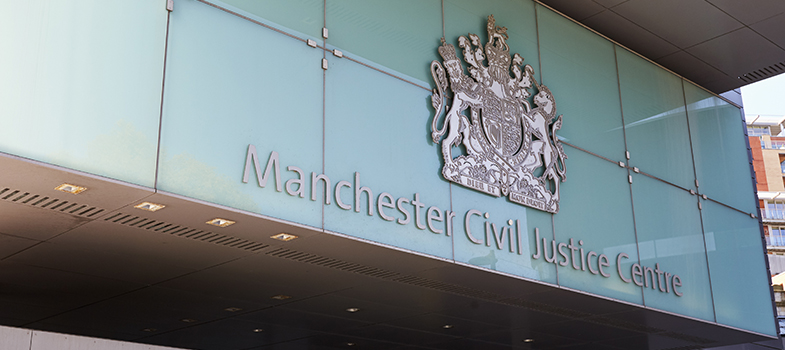1.4 Myths about domestic abuse
Society is becoming more aware of the harm that domestic abuse causes to survivors, their children and to society as a whole (the Home Office estimated the cost of domestic abuse in 2017 as £66 billion (Home Office (2019)).
Attitudes to survivors of domestic abuse are changing as awareness increases. However, there are some myths which prevail. It is important to be aware of how our own values and things we have heard from others can affect our ability to empathise with and support clients effectively.
We will look at some of the more common myths you may experience in your volunteering below.
Activity 3
Do you agree with the explanations given about the statements? If not, what is your opinion?
Comment
Sometimes our own experiences and values can colour our perception of events and people. This is called
1.3 What is domestic abuse?
